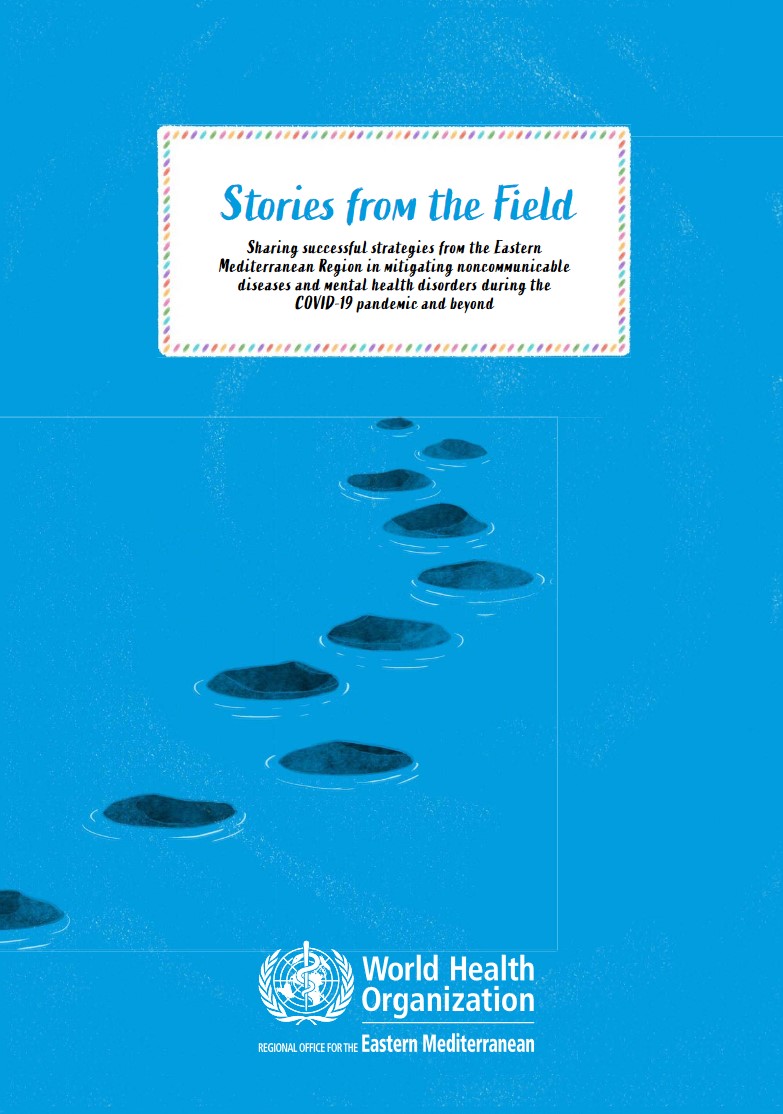United for Global Mental Health
4th Global Mental Health Advocacy Forum: Key Learnings and Take-Home Messages for Mental Health Advocates from the Forum’s Plenary Sessions
Report
05 Feb 2026
World Health Organization. Regional Office for the Eastern Mediterranean
28 Aug 2023

The COVID-19 pandemic has been a global challenge. The countries of the WHO Eastern Mediterranean Region have risen to this challenge and acted decisively to protect their citizens. Here, as elsewhere, COVID-19 has turned so-called “normal” life on its head, affecting everything from health and well-being to personal freedoms.
However, while the pandemic has raged, other threats to health have remained. Noncommunicable diseases (NCDs) are still the world’s biggest killers. The four major NCDs are: cardiovascular disease, chronic respiratory disease, cancer and diabetes. Known as chronic or lifestyle diseases, NCDs are a leading cause of death in the Eastern Mediterranean Region. In 2012, more than 2.2 million people in the Region died from NCDs, a figure that is predicted to rise to 2.4 million by 2025 unless significant action is taken.
Mental health is another leading public health issue, which has been magnified by the pandemic. Fears about catching COVID-19 and anxiety caused by lockdowns and economic strains have increased the burden of mental health conditions.
Before COVID-19 struck, the WHO Regional Office for the Eastern Mediterranean had been working with countries across the Region to combat NCDs and mental health conditions. It would have been easy, in the darkness of the pandemic, for countries to abandon NCD and mental health mitigation, and concentrate solely on COVID-19 measures. Instead, there was a glimpse of hope as, with WHO support, countries showed ingenuity and fortitude in finding ways to continue treating, tracking and preventing NCDs and mental health conditions throughout the pandemic.
The diverse Eastern Mediterranean Region includes some of the world’s wealthiest and poorest nations. Conflict, population displacement and other crises have added to the strain that many countries have felt during the pandemic. And yet, in many cases, countries have taken steps forward in combating NCDs and mental health issues. They have shown their commitment to the long-term health and well-being of their citizens through innovations and cross- cutting strategies, which they can continue to use after the pandemic is over.
This publication concentrates on unpublished accounts of what each country has done to address NCDs and mental health issues, both before and during the pandemic. The aim is not to give a complete picture of each country’s overall strategy, but to share knowledge and experience with other countries around the world as we confront the global challenges of mental health and NCDs.